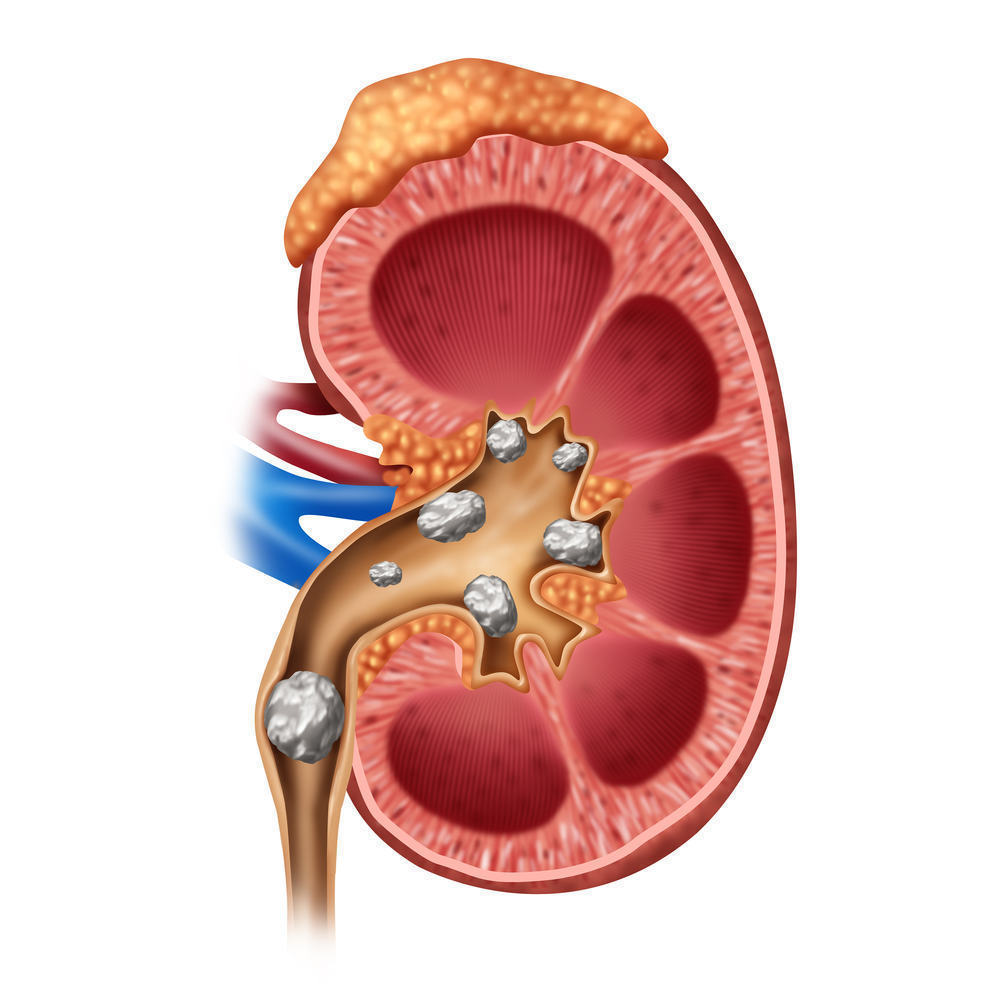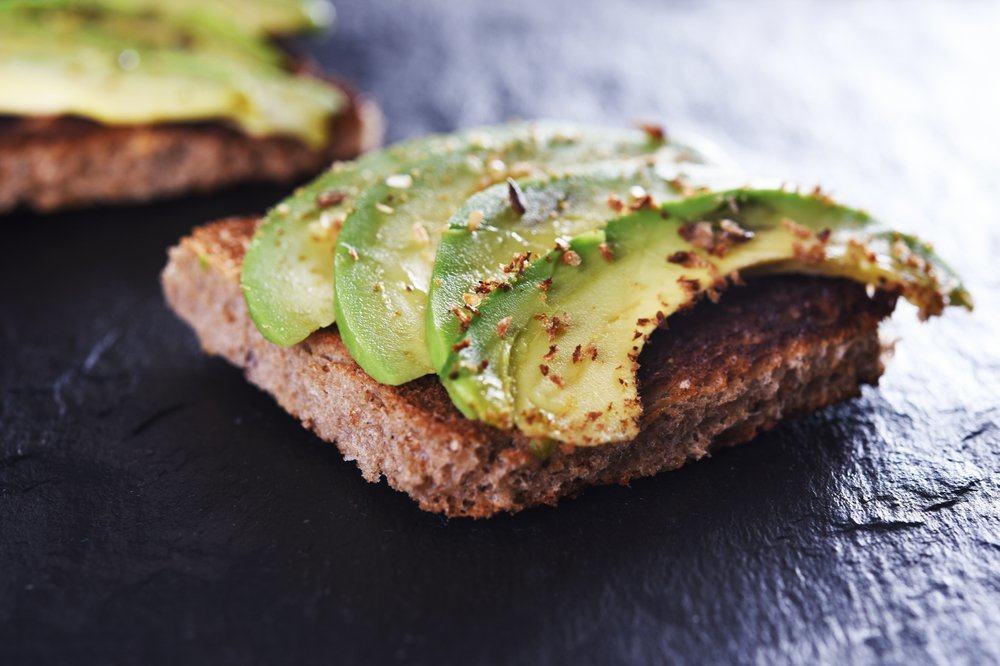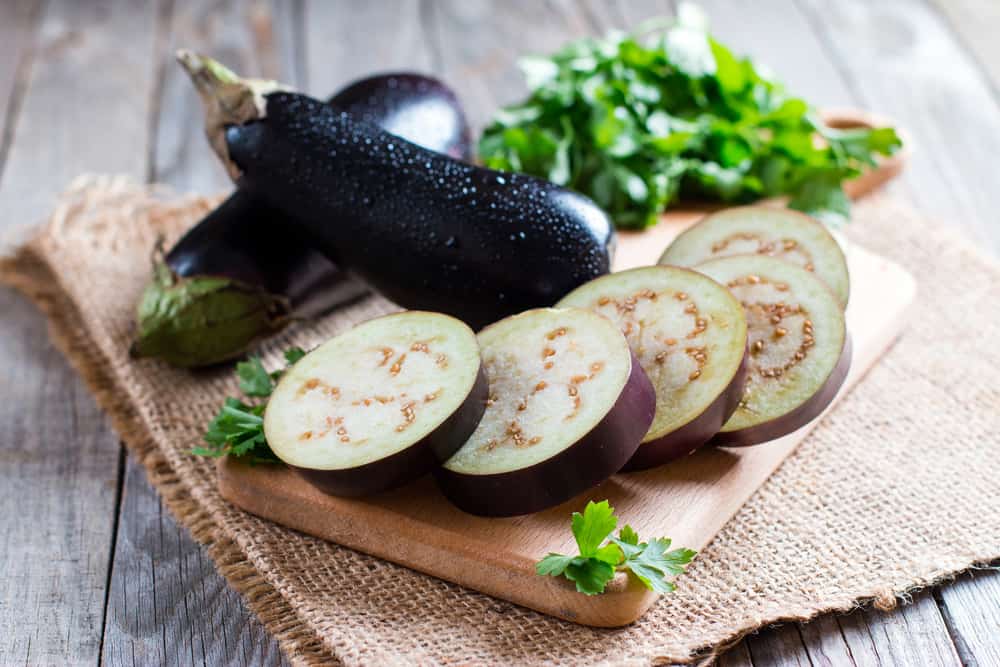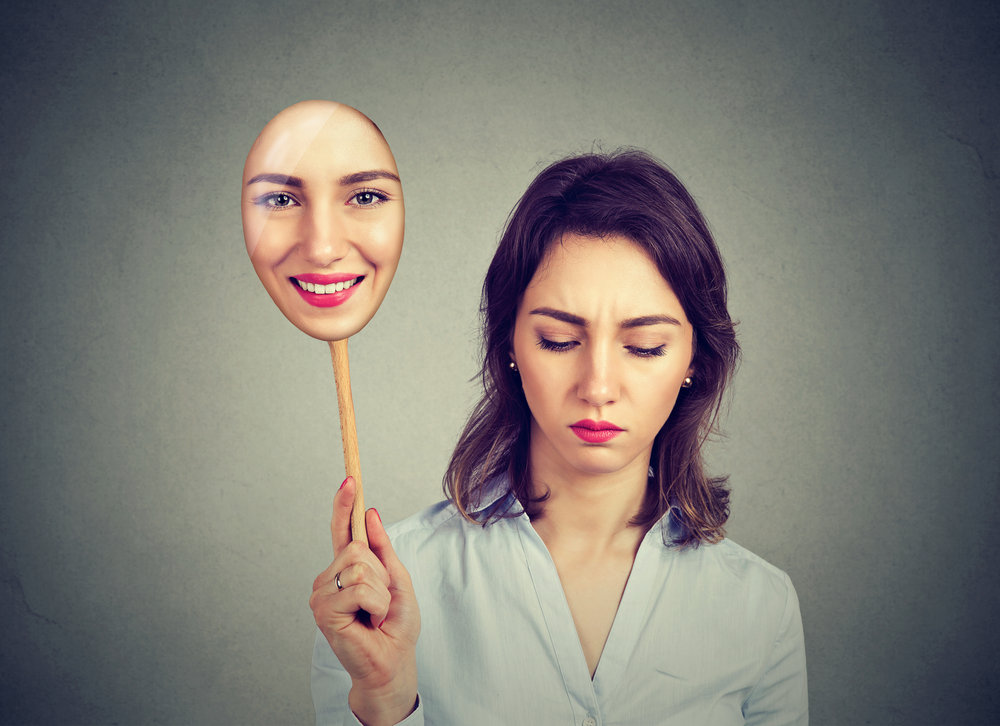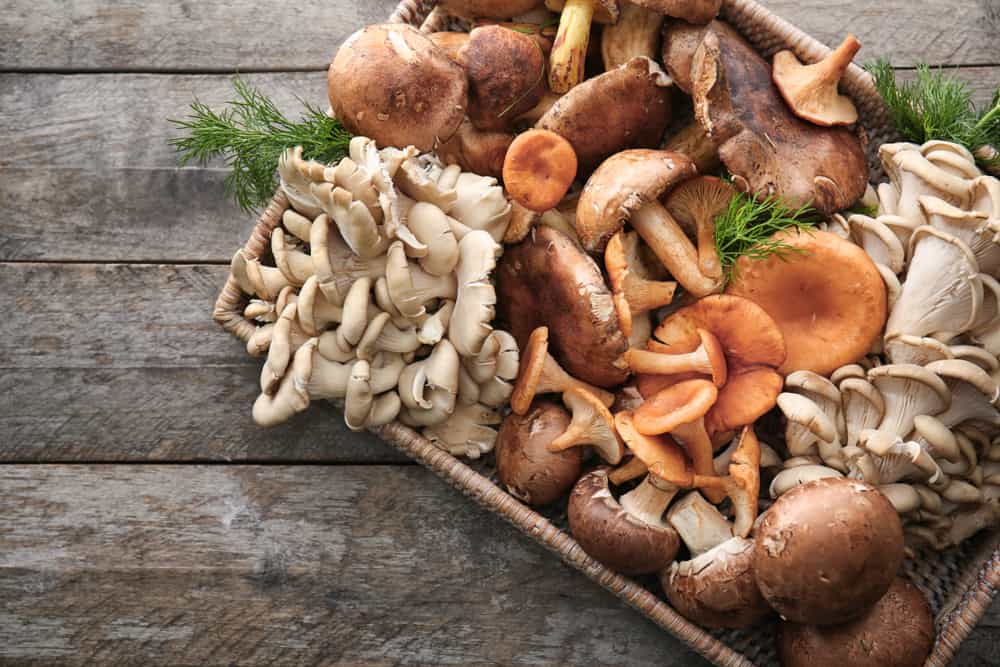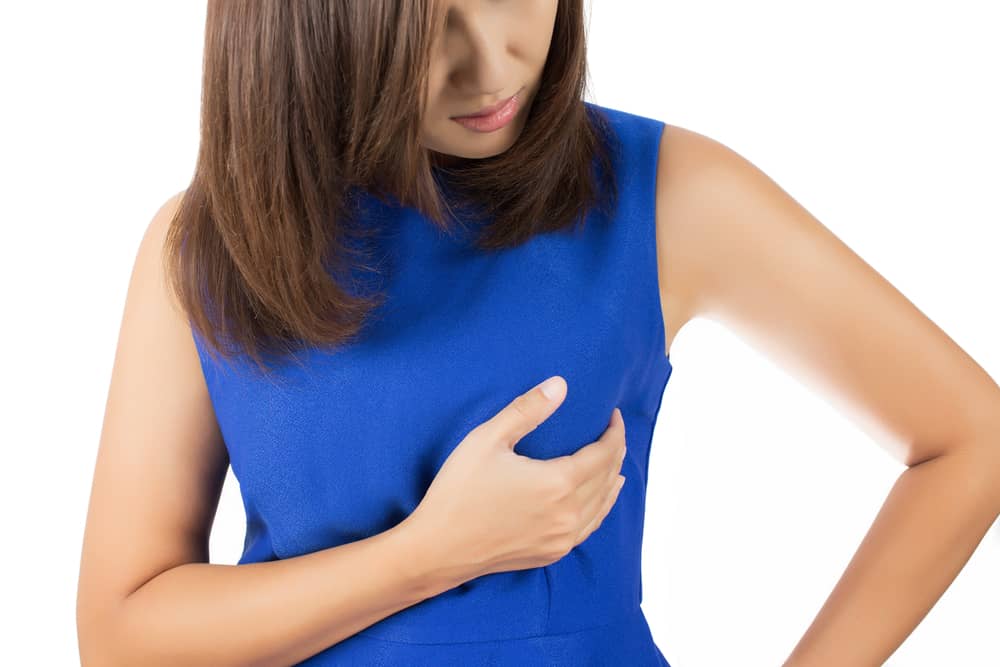Contents:
- Medical Video: Kidney Stones: Prevention and Treatment Options
- What are the types of kidney stones?
- Foods that can increase the risk of kidney stones
- 1. Foods high in sodium
- 2. Animal protein
- 3. Foods high in oxalate
- What about calcium?
Medical Video: Kidney Stones: Prevention and Treatment Options
Kidney stones are solid material that forms in the kidneys. This material comes from a substance that is supposed to be in the urine and the concentration becomes higher so that it forms solid clumps shaped like rocks. Kidney stones can remain in the kidney or go down to the urinary tract. The shape and size of kidney stones varies. Small stones can be excreted in the urine, causing little or no pain at all. But larger kidney stones can get stuck in the urinary tract, causing urine to be disrupted and causing pain and even bleeding.
What are the types of kidney stones?
Different types of kidney stones, different causes and prevention. Here are some types of kidney stones that are often encountered:
- Calcium stones: is the most common type of kidney stone and usually appears in two forms namely calcium oxalate and calcium phosphate, but calcium oxalate is more common. The formation of calcium oxalate is influenced by high excretion of calcium and oxalate. While calcium phosphate stones are caused by a combination of high calcium levels in the urine plus high urine pH levels.
- Gout stone: This type of stone is formed when your urine pH is in an acidic state for a long time. Diets that are high in purines can increase uric acid levels in the urine. If the concentration of uric acid increases in the urine, uric acid can form stones from the component of uric acid itself or form stones together with calcium.
- Struvite stone: is the result of infection in the kidney. The way to treat it is to remove the stones from the urinary tract and prevent the infection from coming back so it doesn't form stones again.
- Cystine stone: caused by a genetic disorder that causes cystine to come out of the kidney into the urine and form crystals which over time accumulate into stone.
Foods that can increase the risk of kidney stones
1. Foods high in sodium
Sodium, which is usually found in salt and packaged foods, is one component that can increase your risk of suffering from kidney stones because a high-sodium diet tends to trigger an increase in calcium levels in the urine. Some examples of foods that contain high sodium are:
- Canned food
- Processed meat (such as bacon, nuggets, ham, sausages)
- Ketchup or sauce
- Marinated beans
- Fast food (such as instant cereal, instant noodles)
2. Animal protein
Meat and other sources of animal protein (such as eggs and seafood) contain purine. Purines will later be converted into uric acid in the urine. Uric acid is one of the constituents of kidney stones so that too much consumption of animal protein can cause the formation of kidney stones later on. Besides meat, other organs such as the liver and innards also contain high purines. You are advised not to consume more than 170 grams of meat per day.
In addition to the risk of accumulating uric acid, proteins derived from animals also increase the risk of calcium stone formation by increasing calcium excretion but reducing citrate levels in urine. Though citrate can prevent the formation of kidney stones, but the acid in animal protein reduces the levels of citrate.
3. Foods high in oxalate
As one of the constituents of kidney stones, oxalate is actually produced by the body, for example from the by-product of vitamin C. However, eating foods that have high levels of oxalate can increase the amount of oxalate in the urine where it will bind to calcium to form calcium oxalate stones. Some types of food that you should pay attention to regarding oxalate levels are:
- Spinach
- Okra
- Beet
- Kiwi
- Almond
- Cashews
- Soy products
- Rice bran
- Kokoa, chocolate
- Tea
- Foods high in vitamin C. Consumption of more than 1000 mg of vitamin C per day can increase oxalate levels.
What about calcium?
Because most kidney stones that are formed involve calcium, it doesn't mean you have to remove calcium from your daily menu, because actually calcium from food does not increase the risk of calcium oxalate stones being formed. Calcium in the digestive tract binds to oxalate from food and prevents the oxalate from entering the bloodstream and urinary tract so that it does not form stones. Those who have had calcium oxalate kidney stones should include at least 800 mg of calcium per day, not only to prevent the formation of kidney stones but also to maintain bone density.
Calcium which has the potential to cause kidney stones is calcium derived from supplements, especially if you do not take supplements along with food. If indeed you have to take calcium supplements, consume your supplements while eating.
READ ALSO:
- Effects of Kidney Failure on the Skin, Bones and Joints
- 10 Step Treatment Plan for Patients with Chronic Kidney Disease
- 10 Questions Regarding Diabetic Kidney Disease

